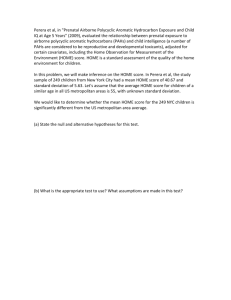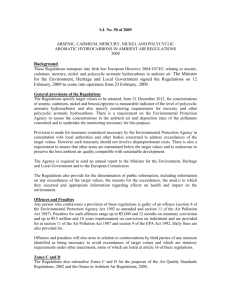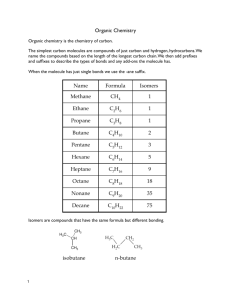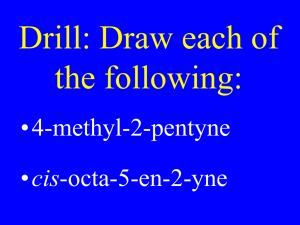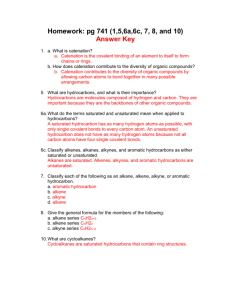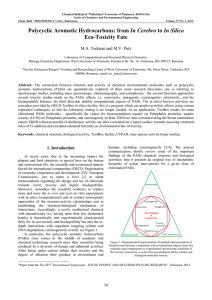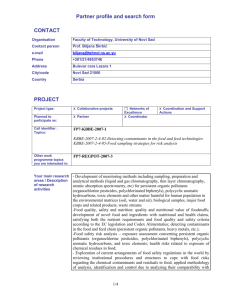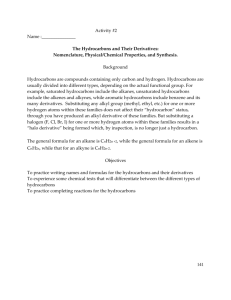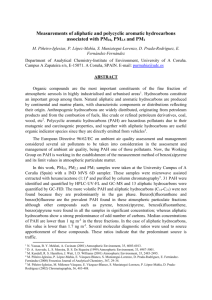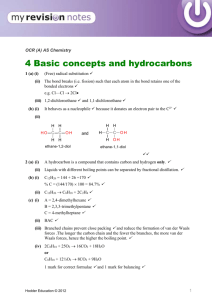Supporting information Table S1. Polycyclic aromatic hydrocarbons
advertisement
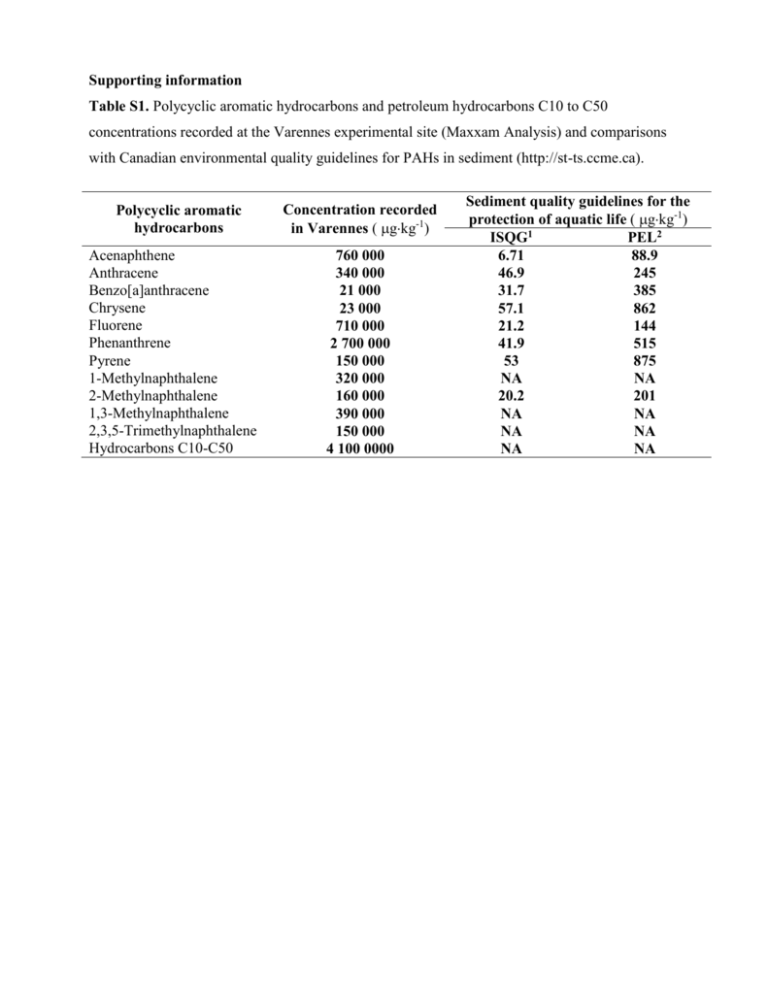
Supporting information Table S1. Polycyclic aromatic hydrocarbons and petroleum hydrocarbons C10 to C50 concentrations recorded at the Varennes experimental site (Maxxam Analysis) and comparisons with Canadian environmental quality guidelines for PAHs in sediment (http://st-ts.ccme.ca). Polycyclic aromatic hydrocarbons Acenaphthene Anthracene Benzo[a]anthracene Chrysene Fluorene Phenanthrene Pyrene 1-Methylnaphthalene 2-Methylnaphthalene 1,3-Methylnaphthalene 2,3,5-Trimethylnaphthalene Hydrocarbons C10-C50 Concentration recorded in Varennes (gkg-1) 760 000 340 000 21 000 23 000 710 000 2 700 000 150 000 320 000 160 000 390 000 150 000 4 100 0000 Sediment quality guidelines for the protection of aquatic life (gkg-1) ISQG1 PEL2 6.71 88.9 46.9 245 31.7 385 57.1 862 21.2 144 41.9 515 53 875 NA NA 20.2 201 NA NA NA NA NA NA D Figure S1. Panoramic view of the former open-air sedimentation basin at the Varennes field site, southern Montreal, Quebec, having extreme levels of petroleum hydrocarbon-pollutants. A: Dry part of the basin where phytoremediation studies with willows cultivars have been performed (Bell et al., 2013). B: Bar chart corresponding to the values of some polycyclic aromatic hydrocarbons (PAHs) measured in the polluted sediments, where A, F, Phe and Py correspond to anthracene, fluorine, phenanthrene and pyrene, respectively. Concentration of these pollutants exceeded by thousands times the toxicity of Canadian environmental quality guidelines for PAHs in sediment. C: detailed view of the wet part of the basin where a partially submerged E. obtusa plant is spontaneously growing. D: Schematic drawing of the experimental design and sampling. The squares represent the hydrocarbon-polluted basin each year. A B Figure S2. Venn diagram showing OTU richness overlap in E. obtusa libraries (A) and P. capillare libraries (B). Figure S3. Trypan blue-stained roots revealed the co-occurrence of AMF and DSE structures in root from the environmental field samples. A, Vesiscules and Hyphae of AMF in P. capillare root. B, DES associated to E. obtusa.
